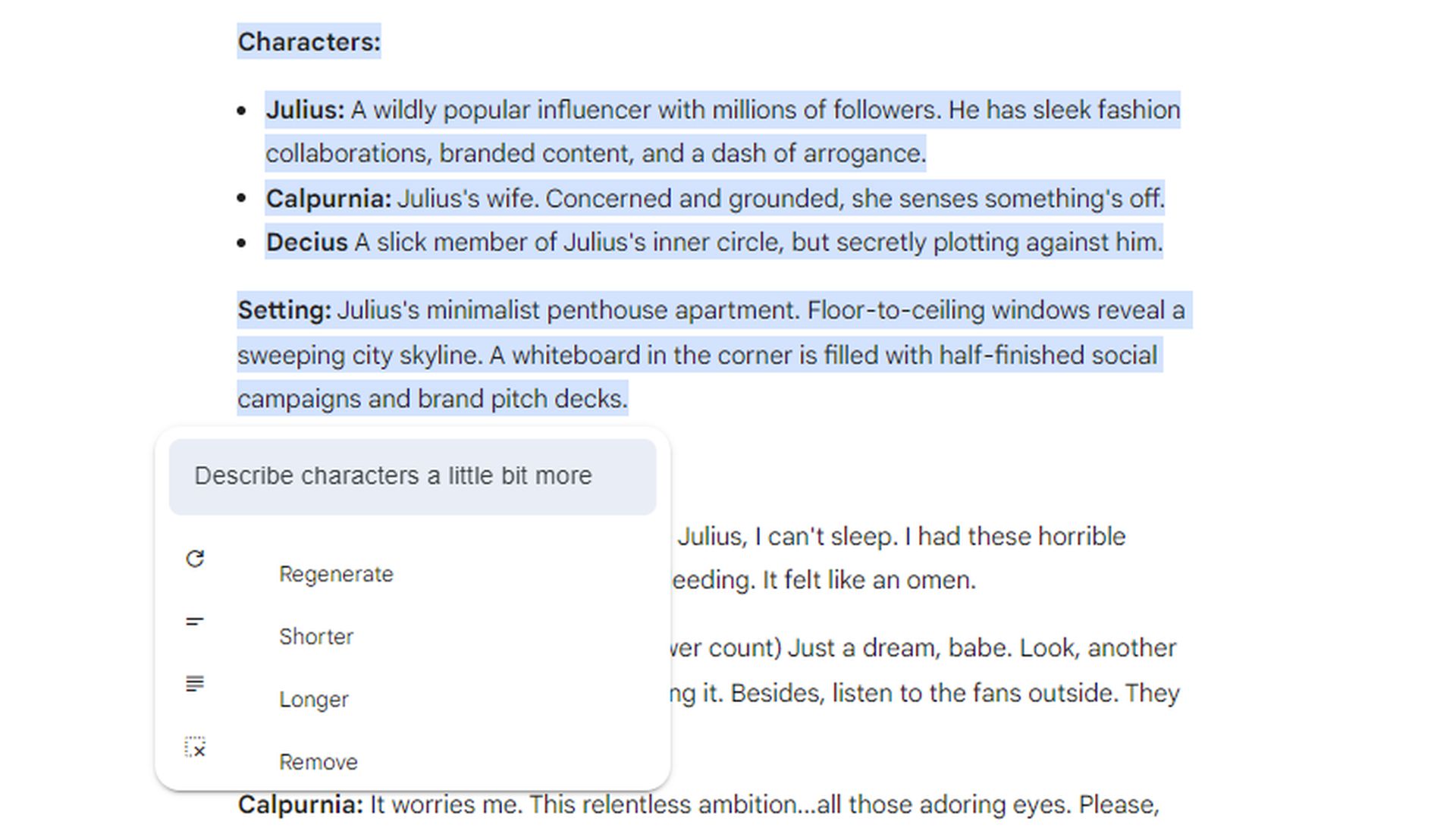Google’s AI tool, Gemini, has received a powerful update that gives you unprecedented control over its responses. Now, you can directly edit and refine the text it generates.
This exciting update comes on the heels of Google’s rebranding of Bard as Gemini AI, solidifying its place in the AI race. With each update, Google further demonstrates the remarkable potential of AI chatbots pioneered by OpenAI.
Gemini’s latest update streamlines your workflow by allowing you to easily fine-tune generated text. Preserve the portions of responses you like while seamlessly making adjustments.
How does Gemini’s text editing work?
Previously, after receiving a text generation, if you were not happy with a part of it, you could enter a long prompt again and have the AI chatbot rewrite the whole text.
After doing this, you did have to select sentences with tweezers from pages of nonsense to create a meaningful writing. That’s how modern-day editors or writers usually work nowadays…
But now, you can directly refine and reshape Gemini’s responses with incredible precision.
Here’s how it works:
- Highlight: Select any part of Gemini’s text that you want to change
- Edit: A pencil icon will appear. Click it to open the “Change selected text” window
- Refine: You have a range of options for modification:
- Recreate: Ask Gemini to generate a totally new version of the highlighted section
- Shorter/Longer: Adjust the length of your selected text
- Remove: Delete the highlighted portion
- Open text field: Type in your own desired revision directly
This innovative feature is currently available in English on Gemini’s web application. It’s sure to give Google’s AI an edge in the AI arena.

Innovation born out of competition
The rapid evolution of AI chatbots underscores the fierce competition in this field. Gemini’s new editing capabilities demonstrate Google’s commitment to providing users with increasingly sophisticated tools.
Similarly, OpenAI recently announced the Read Aloud feature for their ChatGPT chatbot, allowing users to listen to AI-generated responses instead of reading them. This focus on user experience and accessibility highlights how competition in the AI is not just about technical prowess, but also about understanding and responding to user needs in innovative ways.
As industry leaders like Google and OpenAI keep pushing the envelope, we can expect even more amazing advancements to emerge in the near future.
And guess who the real winners are? That’s right, us – the users – who get to enjoy the benefits of this ongoing race to AI supremacy.





